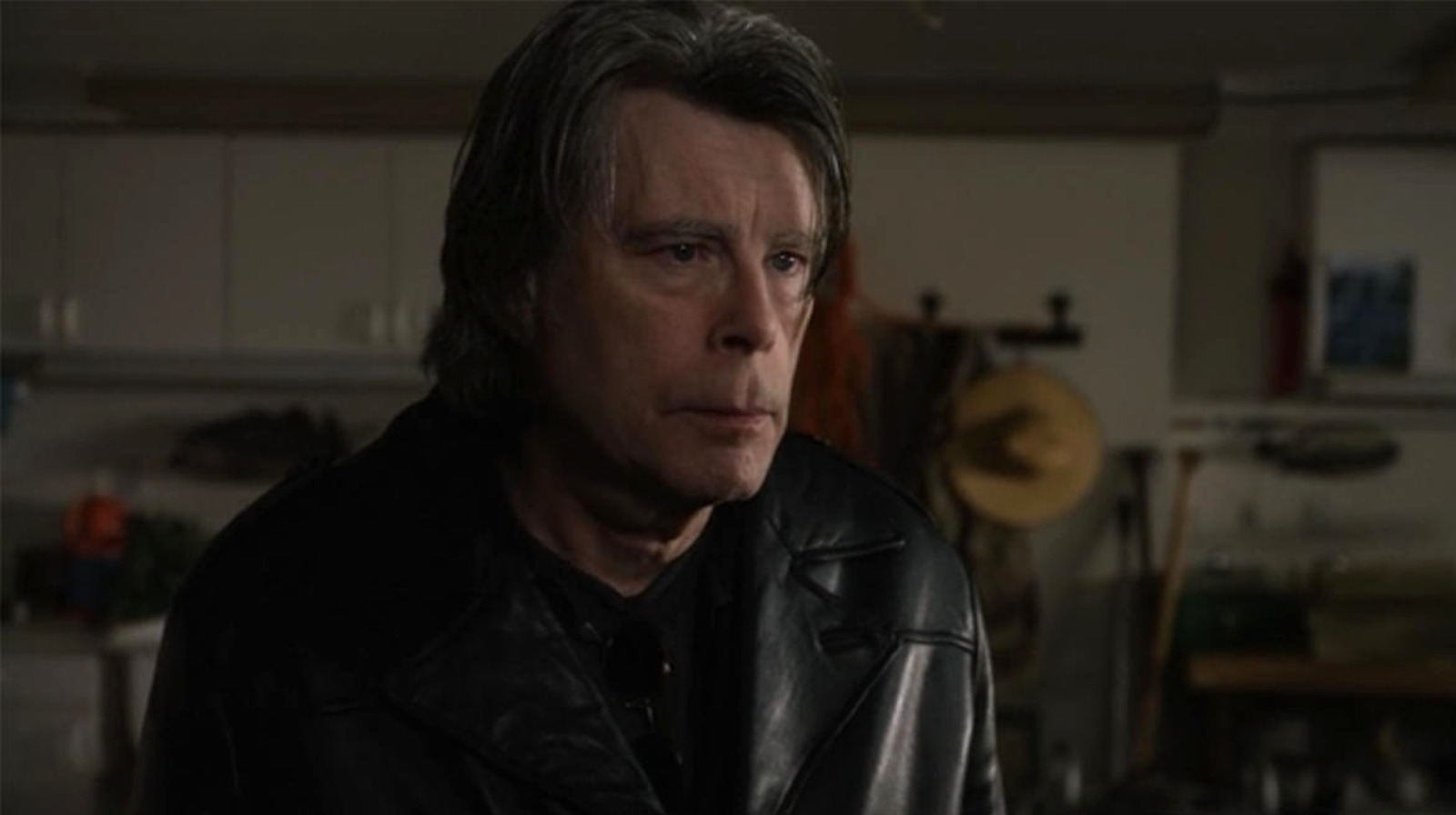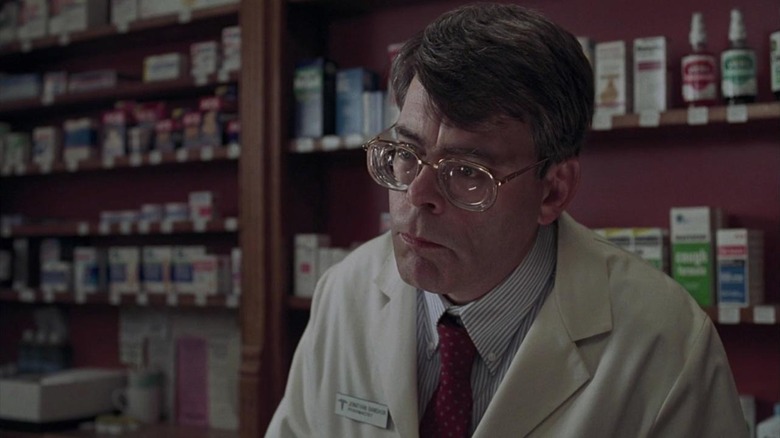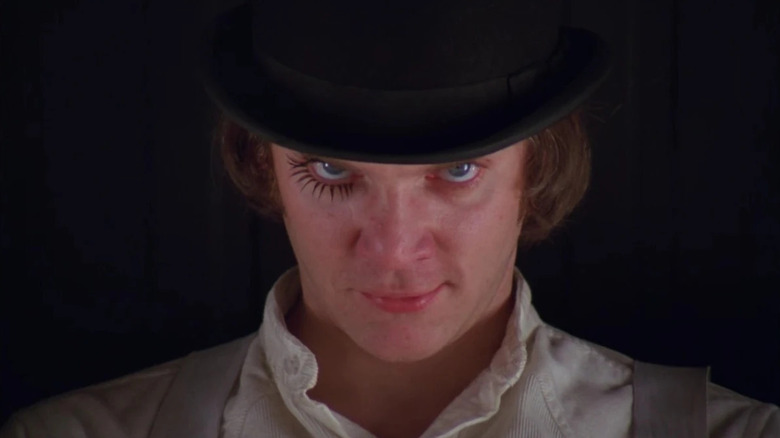Collecting books can be an expensive hobby, but some lucky horror fans may secretly have an out-of-print Stephen King book on their shelves that's worth quite a bit of money. Not only that, but the book will most likely never go back into print, which means the prices will only go up.
The book is "Rage," published in 1977 under King's pen name Richard Bachman, and copies online can sell for as much as $4,000, depending on several factors such as edition and condition. This one feels a little odd to go out of your way to collect, unless you're a die-hard King fanatic, however, since it tells the story of a school shooter and copies of the novel were found associated with several school shootings in the 1980s and 1990s, which led King to deliberately let it slip out of publication. Although there are many great movies based on banned or controversial booksKing's self-censorship is something else entirely, and that's a good thing that there will never be a film adaptation of 'Rage' or multiple hard copies. That makes existing copies extra-rare and extra-collectible, and it's entirely possible that some old-school horror novel fans have high-value copies packed away in their attic or on a shelf somewhere.
Pristine, first edition copies of Rage can sell for thousands of dollars
People who really want to read Rage will find ways to do so, but removing it from sale will hopefully help protect it from more impressionable young minds who haven't already heard of King's most infamous work. I first read it as part of the also-out-of-print American edition of The Bachman Books, which includes Fury, The Long Walk, The Road, and The Running Man, and it's a deeply uncomfortable story that's frankly too sympathetic with its killer protagonist. Few other King stories come close in their relationships to real-world horrors, except maybe the novella Apt Pupil, which is also extremely disturbing. The Bachmann Books are still available now, but Fury is no longer included.
Copies of the original run of The Bachman Books are significantly cheaper because so many more were printed, but the most expensive copies of Rage are the 1977 first edition paperbacks, which are sold in good condition. It seems like an odd thing to spend thousands of dollars on, but hey, Stephen King fans are intense.
What's really unfortunate is that school shootings have become so commonplace that there are numerous examples of other creative works being changed or pulled from the air/shelves as a result of yet another act of violence. "Buffy the Vampire Slayer" they delayed the episodes because of Columbine school shooting in 1999, "Bones" pulled an episode because of the 2007 Virginia Tech shootingand "Stranger Things" had to add a warning to their season 4 premiere after the 2022 Uvalde school shooting. A lot has changed since King published "Rage" in 1977, and tragically, school shootings have increased exponentially.
King did the responsible thing by allowing Rage to go out of print
In a 2013 essay called "Guns," King explain your thinking because he no longer wanted 'Rage' on the shelves, taking responsibility for its potential for harm and acknowledging that the book he wrote as a teenager unfortunately resonated with other struggling teenagers, but those with easy access to firearms." Is it really that surprising that they would find a soulmate in the fictional Charlie Decker?” he wrote, “But that doesn't mean we excuse them or give them blueprints to express their hatred and fear, he was dangerous. He continued his explanation for letting the book go out of print, writing:
“My book did not break (the readers in question), nor did it turn them into murderers. They found something in my book that spoke to them because they were already broken. However, I saw Fury as a possible accelerator, which is why I took her out of the sale. You don't leave a can of gas where a guy with fire bug tendencies can lay.
It's similar to director Stanley Kubrick's decision to pull A Clockwork Orange from release until his death because there were concerns about copying crimes inspired by those committed by Malcolm McDowell's character Alex. In both cases, the creatives behind these stories had reason to believe their work had more potential to cause harm than the average movie or book, and they did their best to deny that harm. It's impossible to stop people from doing terrible things, and no amount of censorship, self-imposed or otherwise, will change that, but as King said, it's best not to give them an accelerator.
Source link



